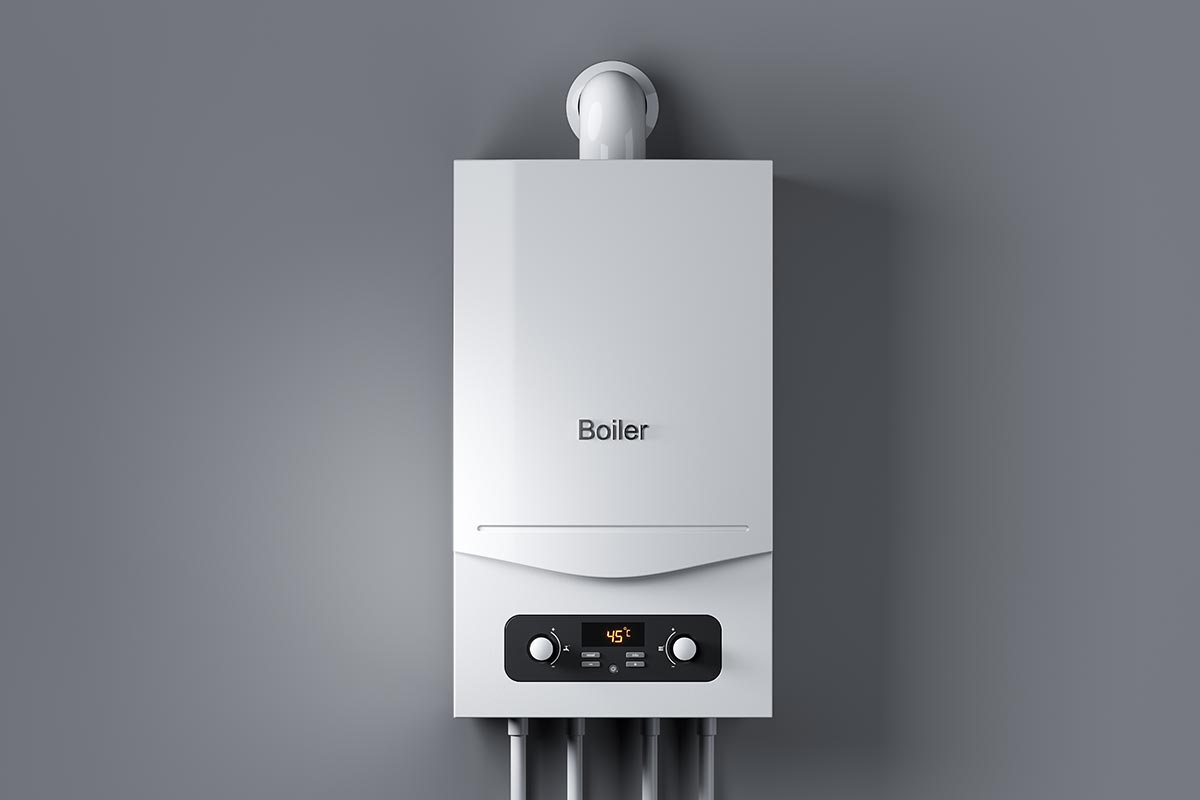There are three different types of boiler systems: regular, system, and combi. A combi boiler combines a water heater and central heating system. It is fed directly from the mains water supply, delivering stronger water pressure. While both regular and system boilers use a hot water cylinder to store water, a combi boiler heats water on demand.
Combi boilers are the preferred choice in most new boiler installations across the UK due to their higher energy efficiency, convenience, and compact size.
There is a wide selection of new combi boilers on the market, with manufacturers offering various options such as gas, oil, LPG, and electric models.
The advantages of installing a combi boiler include high energy efficiency, which significantly reduces your home’s carbon footprint and can lower heating bills. Combi boilers typically operate at 92% efficiency, compared to older non-condensing boilers that only achieve around 55%, leading to substantial savings. Another benefit is the ease of installation, as combi boilers are compact and come in a single unit. They also provide hot water on demand with a stronger flow, as the water comes directly from the mains supply.
However, there are some disadvantages to combi boilers. They may not be suitable for larger properties because the water supply is split if multiple outlets are used at once, which can weaken the flow. Additionally, combi boilers are not compatible with older pipework designed for weaker flow from a feed tank in the attic, as older pipes may not handle the higher mains pressure.


